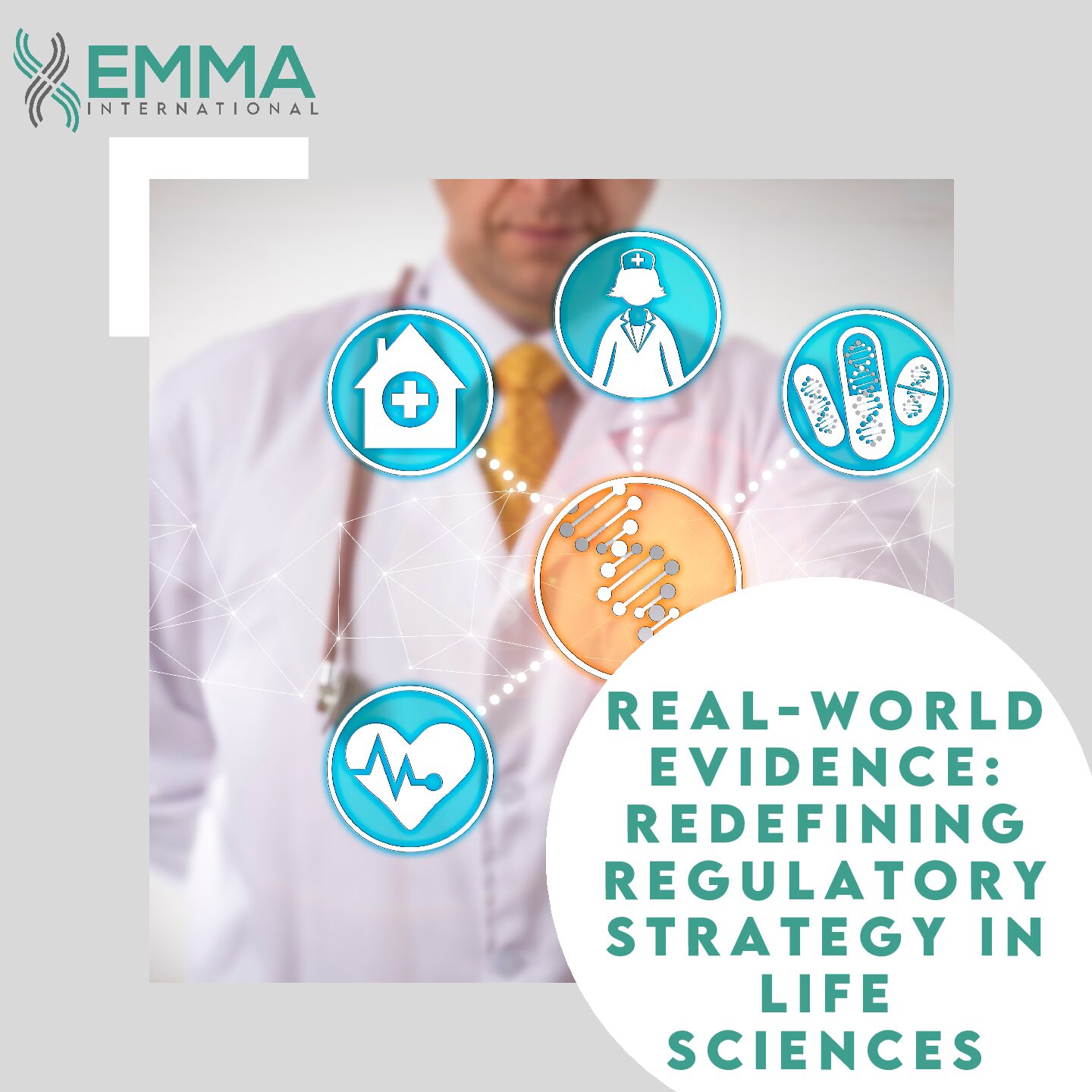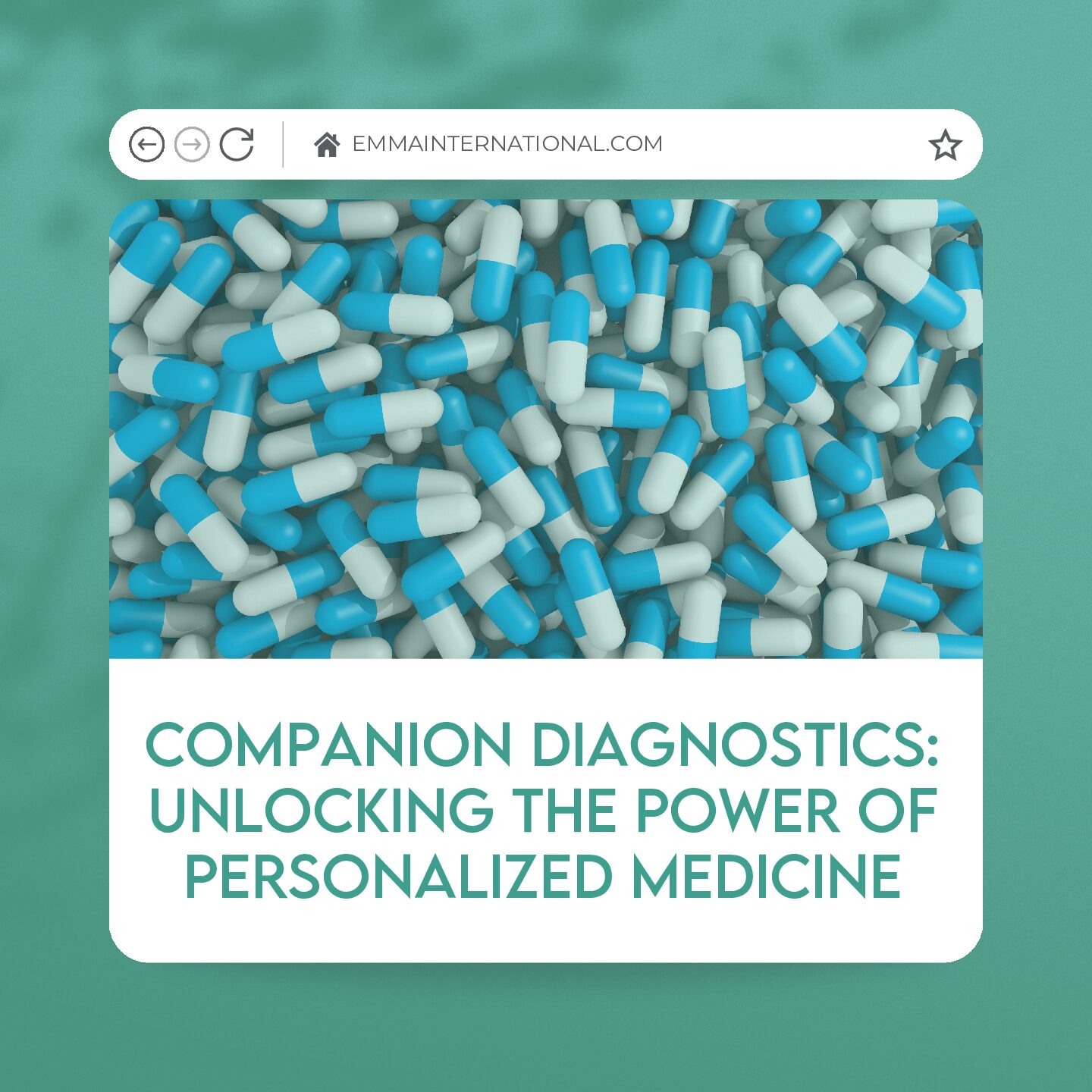In the realm of pharmaceuticals, blockbuster drugs like painkillers and antibiotics often dominate headlines and research budgets. These drugs cater to millions, driving significant profits and advancements in healthcare. However, there’s a lesser known yet profoundly impactful category of drugs designed for the few rather than the many: orphan drug products.
Orphan drug products are medications developed to diagnose, treat, or prevent rare diseases, often referred to as orphan diseases. In the United States, a rare disease is defined as one affecting fewer than 200,000 people. In the European Union, it’s a condition affecting fewer than 1 in 2,000 citizens. These drugs are often the only hope for patients suffering from conditions that receive little attention due to their rarity.
Orphan drug products are essential for several reasons. For many rare diseases, no alternative treatments exist. Orphan drugs can be the difference between life and death for patients with these conditions. Even when not lifesaving, orphan drugs can significantly improve the quality of life for patients, alleviating symptoms and providing better management of their conditions.
Additionally, the development of orphan drugs often leads to breakthroughs in understanding and treating more common diseases, as research in rare diseases can uncover new biological pathways and therapeutic targets.
Despite their importance, developing orphan drugs presents unique challenges:
- Limited Market: The small number of patients with rare diseases means the market for orphan drugs is limited, making it difficult for pharmaceutical companies to recoup their investment.
- High Research and Development Costs: The costs associated with researching, developing, and testing new drugs are immense. For orphan drugs, these costs can be prohibitive given the limited patient population.
- Regulatory Hurdles: Securing approval from regulatory agencies like the FDA and EMA requires rigorous testing and substantial evidence of safety and efficacy, which can be challenging with small patient groups.
- Access and Affordability: Even after approval, ensuring that patients have access to these drugs can be difficult. High costs and limited insurance coverage can put these essential treatments out of reach for many.
To address these challenges, various incentives and support mechanisms have been put in place, including the Orphan Drug Act. Enacted in the United States in 1983, this act provides incentives such as tax credits, grant funding, and market exclusivity for seven years post-approval to encourage the development of orphan drugs.
Agencies like the FDA and EMA offer special assistance programs, including accelerated approval processes and fee waivers, to support the development of orphan drugs.
There have been numerous success stories where orphan drugs have made a significant impact:
- Imiglucerase (Cerezyme): This drug treats Gaucher disease, a rare genetic disorder. Before its development, patients had few options and often faced debilitating symptoms. Imiglucerase has transformed the management of this condition.
- Ivacaftor (Kalydeco): Ivacaftor treats a specific mutation in cystic fibrosis patients, significantly improving lung function and quality of life for those with this rare genetic disorder.
- Nusinersen (Spinraza): This groundbreaking drug treats spinal muscular atrophy, a rare and often fatal genetic disease in infants and children, offering hope and improved outcomes where there were previously no effective treatments.
The future of orphan drugs looks promising, with advancements in genomics, biotechnology, and personalized medicine paving the way for more targeted and effective treatments for rare diseases. Continued support from governments, regulatory bodies, and the pharmaceutical industry is crucial to sustaining the momentum and ensuring that patients with rare diseases are not left behind.
Orphan drug products may serve small patient populations, but their impact is monumental. These drugs offer hope, improved quality of life, and sometimes even a cure for patients with rare diseases who have limited treatment options. As we continue to advance in medical science and technology, the focus on orphan drugs will not only benefit those with rare conditions but also drive innovations that enhance healthcare for all. Supporting the development of orphan drugs is not just a medical necessity; it is a moral imperative to ensure that every patient, regardless of how rare their condition, has access to life-changing treatments.
As science and technology advance, pharmaceutical development has become more demanding than ever. No matter how complex the therapy or how expansive the data, EMMA International helps you meet critical milestones on time and on budget. Call us at 248-987-4497 or email info@emmainternational.com to get in touch with our pharmaceutical experts today!
FDA (July 2022) Designating an Orphan Product: Drugs and Biological Products retrieved from: https://www.fda.gov/industry/medical-products-rare-diseases-and-conditions/designating-orphan-product-drugs-and-biological-products





